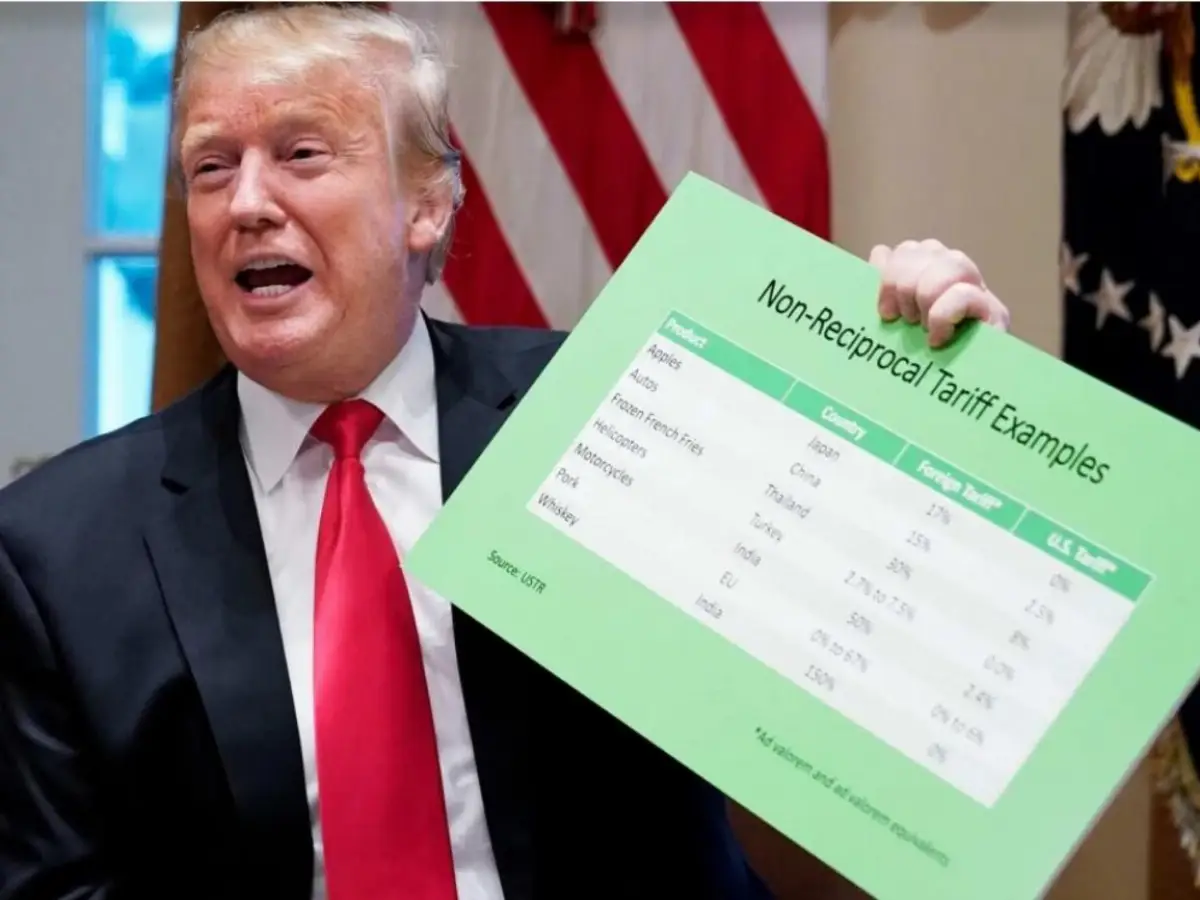
EU, counter-duties worth 95 billion if negotiations with US fail
They will be applied on industrial and agricultural products: public consultation launched on a list of U.S. imports

Negotiations with the U.S. "are ongoing at both the political and technical levels". So says the European Commission, which meanwhile continues to prepare potential countermeasures. In fact, according to the official Brussels communiqué, the European Commission has launched a public consultation on a list of U.S. imports that could become the subject of countermeasures by the EU if the ongoing negotiations with the U.S. do not lead to a mutually beneficial outcome and the elimination of U.S. duties.
The list submitted for consultation covers imports from the United States worth 95 billion Euros and covers a wide range of industrial and agricultural products. The Commission is, in addition, consulting on possible restrictions on certain exports of steel scrap and chemicals from the EU to the U.S. worth 4.4 billion Euros. The consultation covers both universal U.S. duties and duties on automobiles and automobile parts.
Since the U.S. imposed unjustified and harmful tariffs, the note stresses, the EU has given "priority to finding a balanced and mutually beneficial solution through negotiations, including in the context of the partial tariff suspension announced by the U.S. for 90 days". These negotiations are ongoing at both the political and technical levels. The EU, the note adds, "continues to prepare potential countermeasures to defend its consumers and industry, in parallel with the negotiations and in case they do not lead to a satisfactory outcome".
The public consultation, Brussels says, is a "necessary step" in this process, but does not automatically lead to the adoption of countermeasures." In parallel, the EU will launch a WTO dispute against the U.S. over so-called "reciprocal" universal tariffs and tariffs on cars and car parts by formally submitting a request for consultations. The EU believes "unequivocally that these tariffs blatantly violate fundamental WTO rules." The EU's goal is therefore to "reaffirm that internationally agreed rules are important and cannot be ignored unilaterally by any WTO member, including the United States."
Finally, the Commission continues to closely monitor the potential detour of global exports to the EU market, which could be caused by U.S. tariffs imposed on third countries. In addition, the Commission will continue to pursue negotiations with other trading partners to find new outlets for exports and diversify our sources of supply. We will also continue to work to reduce barriers and strengthen the EU's single market.
"Tariffs -explains Commission president Ursula von der Leyen-are already having a negative impact on global economies. The EU remains fully committed to finding negotiated solutions with the United States. We believe that good agreements can be concluded to the benefit of consumers and businesses on both sides of the Atlantic. At the same time, we continue to prepare for all possibilities, and the consultation launched today will help us guide this necessary work".
Next Steps
The Commission will act under the EU's Implementing Regulation, considering U.S. measures as safeguards. As a first step in this process, all those affected by potential rebalancing measures currently being considered by the EU are invited to submit their views over the course of four weeks, including on the impact of the U.S. duties. Accordingly, the consultation will remain open until June 10.
Based on the input gathered, the Commission will finalize its proposal for countermeasures and consult member states under the so-called comitology procedure. Once this process is completed, the Commission intends to have the legal act imposing the countermeasures ready for use in the event that negotiations with the United States do not produce a satisfactory outcome.
In parallel, once the EU formally submits the request for WTO consultations, the two sides will have up to two months to find an agreed solution. If the consultations fail, the EU may request the establishment of a panel to consider the merits of the case.
EFA News - European Food Agency